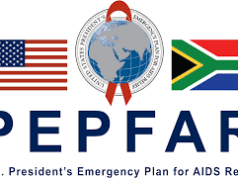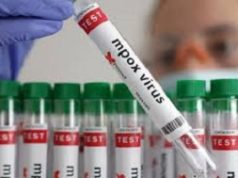Gauteng Acting Health MEC Jacob Mamabolo has called on the department to ensure that where possible, temporary infrastructure, including fever tents that have been put up as part of the response to COVID-19 are strategically deployed beyond the pandemic.
Mamabolo said this on Wednesday as he completed his preliminary audit of COVID-19 temporary structures, as part of his province-wide visit to health facilities, since his appointment as acting MEC for Health over a month ago.
The department currently only has the NASREC Expo Centre as a field hospital. The Gauteng Disaster Management Provincial Command Council resolved a while back that there would be no expansion of field hospitals.
This was informed by, among other factors, the burden of disease, feedback by clinicians on the ground and how well the province has done in its response to the pandemic, reducing the need for field hospitals.
Mamabolo said the NASREC Expo field hospital remains operational.
The MEC said the equipment invested in this facility largely belongs to the department and will be repurposed to be used in Gauteng health facilities after the pandemic.
As part of the fight against the COVID-19 pandemic, Mamabolo said the department made use of 26 fever tents, 13 of which are owned by the department. The tents were set up in July 2020, mostly at the entrances of the various facilities and have been used to assist with the screening of patients.
He said that a request for services was sent through to the Gauteng Department of Infrastructure and Property Management (GDID), for suppliers to provide the tents on behalf of the department.
This was done at a cost of R7 552 465.15 for rentals contracts, which were concluded through GDID, while R7 186 650 was for the total number of tents purchased to be owned by the department.
“The strategy of Gauteng province has always been to invest in legacy projects through major refurbishments and additional beds at existing hospitals such as Jubilee Hospital, Chris Hani Baragwanath Academic Hospital and others.
“The projects continue to be implemented and are at various stages. They are an investment in the health system, even post the COVID-19 pandemic,” Mamabolo said.










